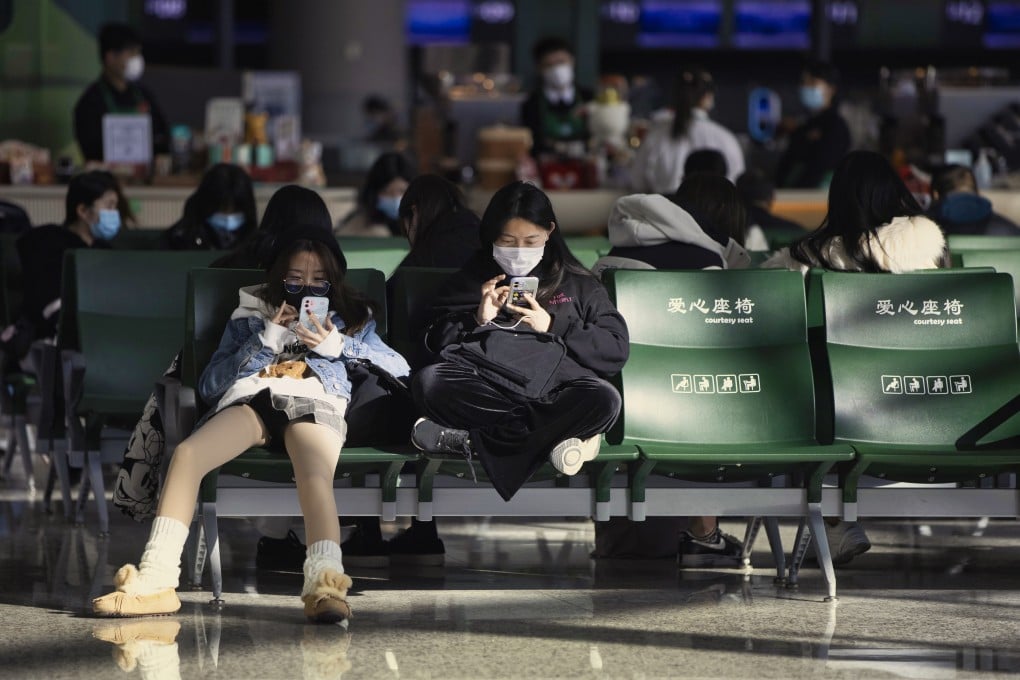China’s tough Covid-19 testing and quarantine rules to stay – even as vaccination picks up
- Questions such as the limits of vaccines and effectiveness against variants mean China must maintain strict preventive measures: official
- The CDC position throws into doubt the idea of a Chinese vaccine passport

“We will continue to strictly implement remote prevention and control measures [on China-bound passengers before they travel] and carry out health checks, centralised isolation and coronavirus nucleic testing. At present, vaccinated passengers will not be exempted from testing and quarantine,” said Feng Zijian, deputy director of the Chinese Centre for Disease Control and Prevention.
“Goods will also be checked to prevent the transmission of Covid-19.”
China proposed its own version of a vaccine passport earlier this month and said it sought reciprocal arrangements with other countries on the basis of “accommodating each other’s concerns” but the idea of ending or cutting quarantine periods would need further review.
Feng suggested that restrictive measures could be lifted only when the domestic population had reached “a high level of immune protection”.